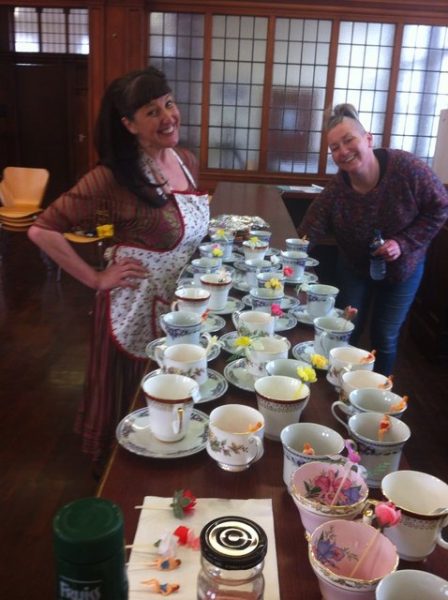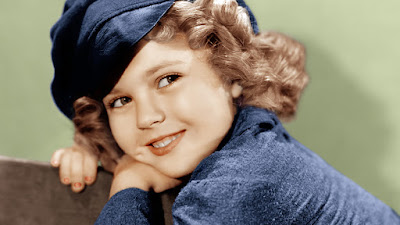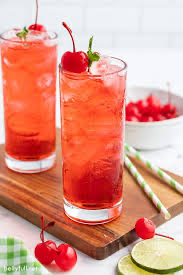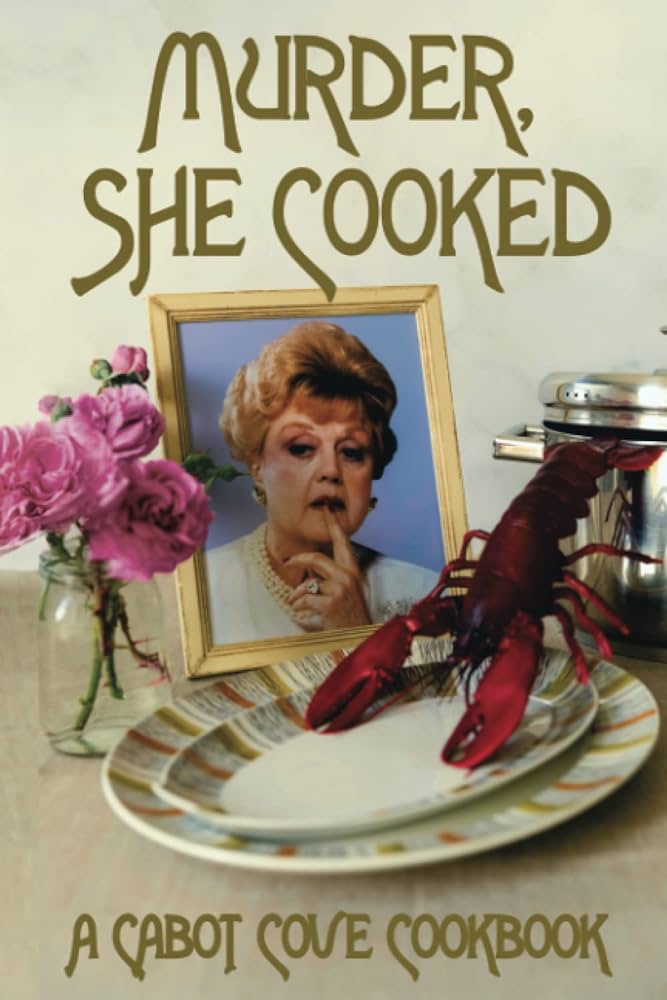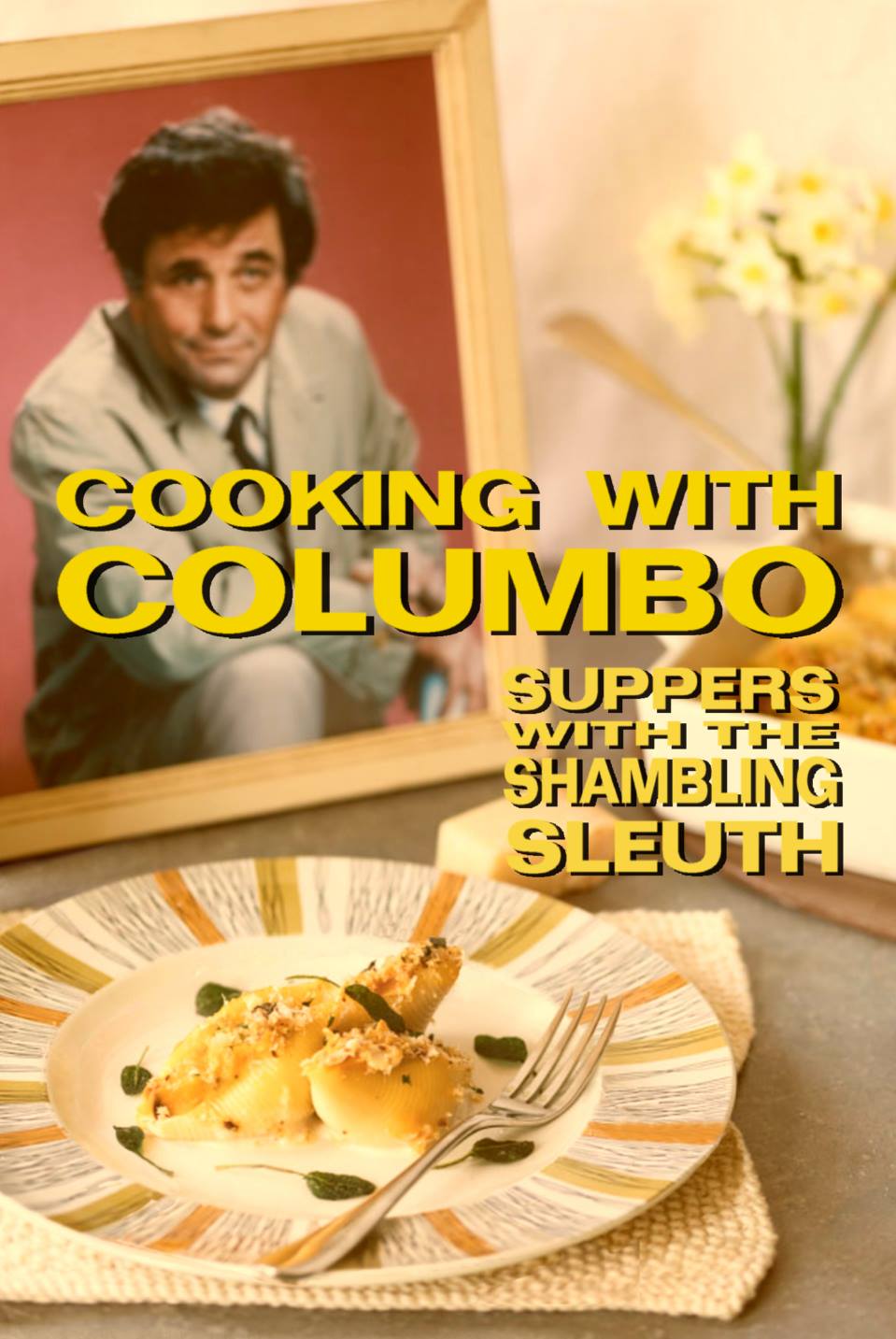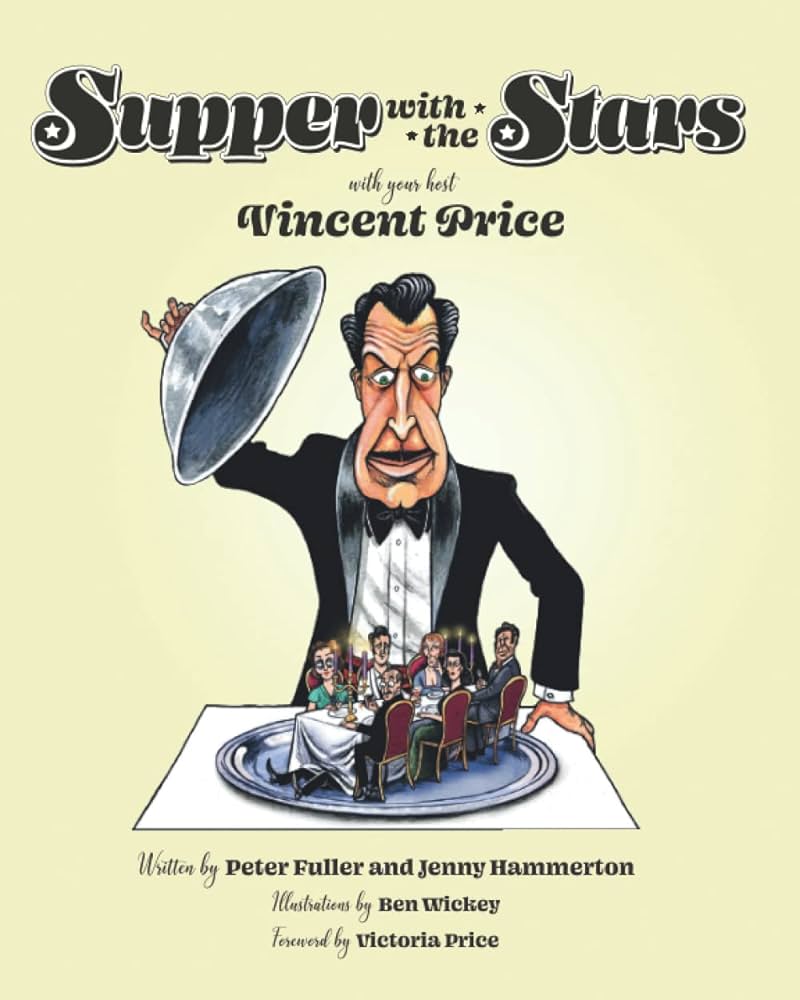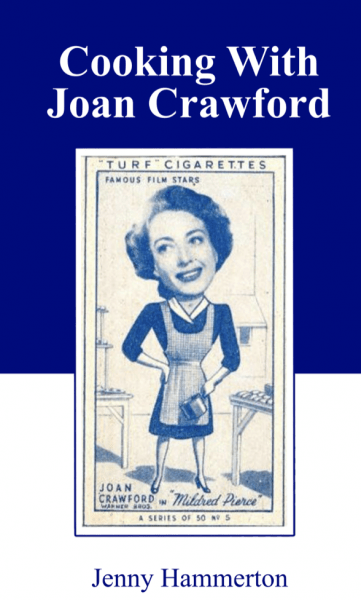Shirley Temple and the drink she made famous
by Rich Watson
Shirley Temple was the greatest child star in American film history. Her movies, in which she sung and danced, brought comfort and joy to adults and children alike when audiences needed it most. As an adult she went into politics, becoming a United States ambassador and a presidential advisor.
Earlier this month, the native of Santa Monica, California, was part of a class inducted into the California Hall of Fame. She is remembered today, not only for her movies and her service to her country, but for a popular drink made in her honor.
Shirley Temple’s film career
Temple was born in 1928 to George and Gertrude Temple, the third of three children. Gertrude enrolled Shirley into dance school at age three. A casting director saw her and put her in comedy shorts with other pint-sized wannabe stars. She stood out.
This led to bigger roles in feel-good fairy-tale-type movies which took advantage of her song-and-dance talents. In 1934, she made the musical comedy
Bright Eyes for Fox Films, a movie written for her.
Temple earned a Juvenile Oscar a year later and a merchandising blitz: dolls, dresses, sheet music, and more, plus endorsements.
She made more films. By the age of ten she was the number-one box office champion of Hollywood.
Temple matured. She married twice, once in 1945, and after a divorce, again in 1950. That same year, she retired from films at age twenty-two, after forty-three films, but only fourteen after she turned fourteen.
The Shirley Temple drink
The origins of the drink named for Temple are uncertain. The common belief is that while out to dinner with her parents, she had complained about not having a drink of her own, since everyone around her had glasses of alcohol.
Whichever place it was, some group of bartenders prepared a non-alcoholic cocktail (a “mocktail,” in this case) for the young Temple and named it for her.
The drink is a combination of
- grenadine,
- a carbonated mixer like ginger ale, and
- a garnish such as a maraschino cherry.
Grenadine is a non-alcoholic syrup made from pomegranates. It’s what gives a Shirley its reddish tint. It’s also used in drinks named for other movie stars: silent movie legend Mary Pickford and singing cowboy Roy Rogers.
Common substitutes for ginger ale are lemon-lime soda, 7Up, or Sprite. Occasionally a splash of orange, pineapple, lemon or lime juice is added. Orange slices or lime wedges can make good garnishes also.
In an NPR interview in 1986, Temple characterized her namesake beverage as a “saccharine sweet, icky drink” that she hated.
There are alternate versions of the Shirley. A “Dirty Shirley” comes with vodka. A “Shirley Temple Black”—the actress’s married name when she wed naval officer Charles Alden Black—comes with rum.
The Shirley lawsuit
In 1988, a company called Soda Pop Kids, based in Encino, California, attempted to market a soda based on the Shirley called “Shirley T.” It was cherry-flavored and served in bars and restaurants for kids. They specifically referred to it as “the Shirley Temple SoftDrink.”
The only problem was its creators never received Temple’s permission to use her name. Temple sued Soda Pop Kids for exploitation, diluting her name’s commercial value and invading her privacy.
She told the Los Angeles Times:
I have always been very cautious all of my life to make sure any items are licensed. My lawyers will go after anyone who is using my name on a product without my permission…. I really am a tigress when it comes to making sure that there is quality control with products that have my name on them.
This lawsuit was actually the second time she brought legal action against an entity who used her name without her permission.
She won both times. Temple may not have cared for the drink named after her, but no one made a quick buck off of it without her consent.
—————
Rich Watson writes about stuff from (mostly) way back when—including movies—at the Substack By Rich Watson. Look for a post on September 13 about the movie The Red Shoes.
